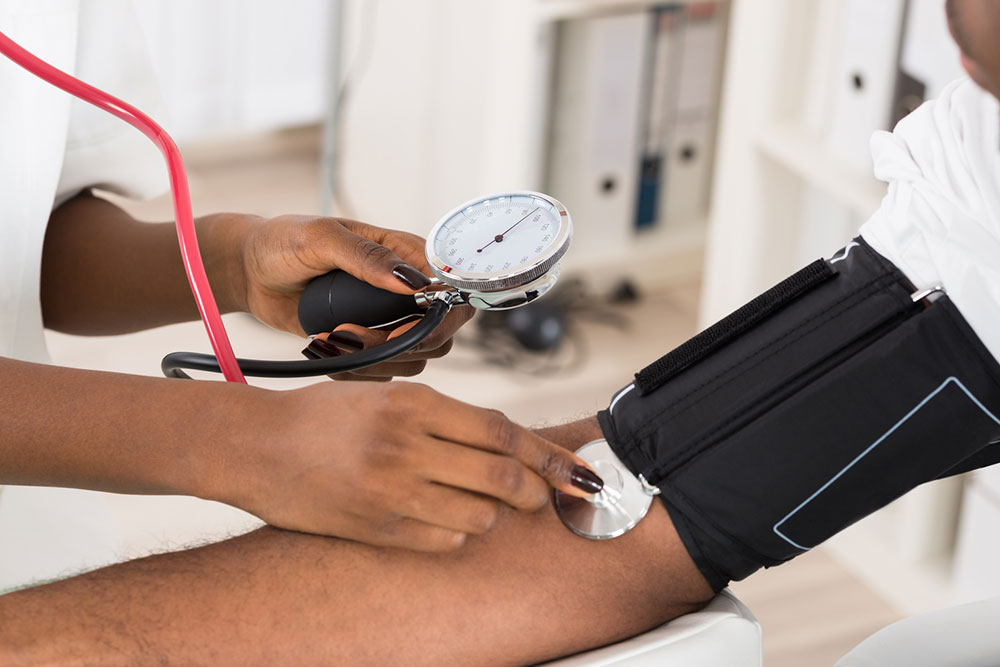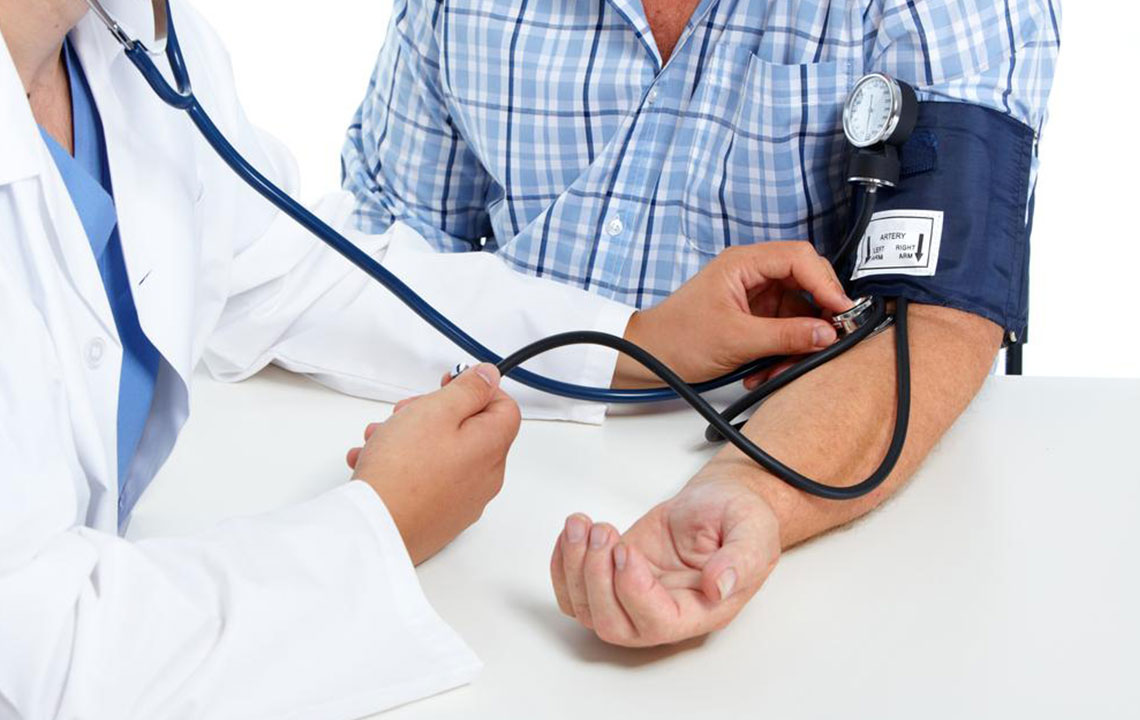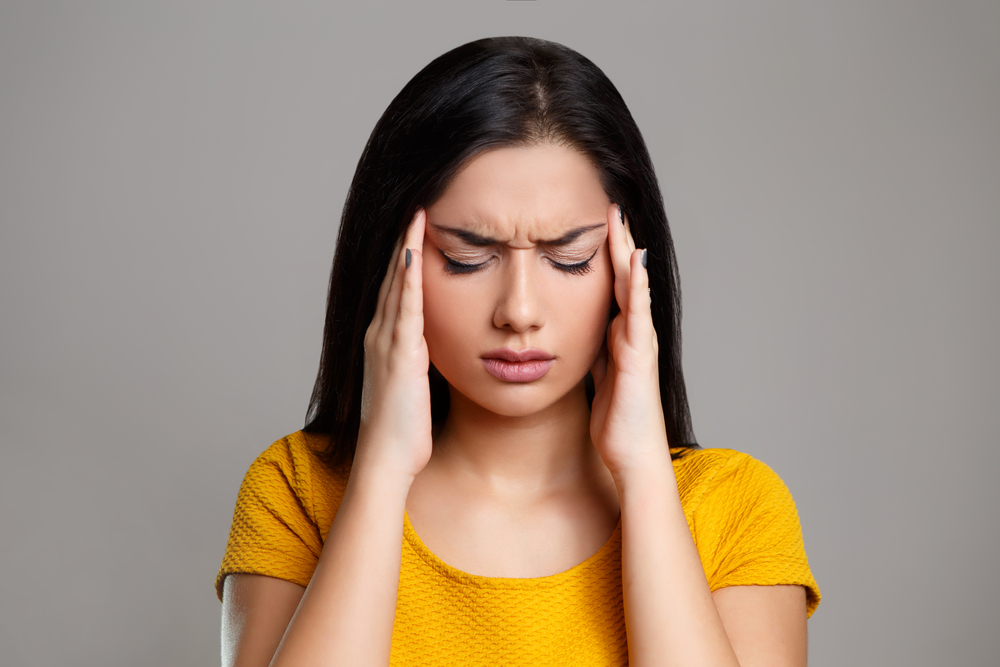Comprehensive Approaches to Managing ADHD: Medical, Therapeutic, and Natural Strategies
Discover a comprehensive guide to managing ADHD through a combination of medication, therapy, natural remedies, and lifestyle changes. Learn effective strategies to improve focus, behavior, and overall quality of life with tailored approaches suited for children and adults alike. Explore evidence-based methods that complement conventional treatments, promote mental well-being, and provide practical tips for daily management of ADHD symptoms.

Comprehensive Approaches to Managing ADHD: Medical, Therapeutic, and Natural Strategies
Attention-deficit/hyperactivity disorder (ADHD) is a neurodevelopmental condition that significantly affects an individual’s behavior, concentration, and overall brain function. Recognized as one of the most common neurodevelopmental disorders, ADHD typically manifests during childhood but can continue into adulthood, impacting various aspects of daily life, academic performance, work productivity, and social relationships. Due to its complex nature, managing ADHD requires a multifaceted approach that combines medical treatments, behavioral therapies, lifestyle modifications, and natural or alternative remedies. A well-rounded strategy tailored to the individual’s needs can help reduce symptoms, improve focus, and enhance quality of life.
In this comprehensive guide, we delve into the most effective strategies for managing ADHD, exploring both conventional medical options and natural approaches that can serve as beneficial complements to treatment.
Medication: The Cornerstone of ADHD Treatment
Medication remains a cornerstone in the treatment of ADHD, effective in many cases for reducing core symptoms such as impulsivity, hyperactivity, and distractibility. There are two primary categories of medications used:
Stimulant Medications
Stimulant drugs are the most commonly prescribed medications for ADHD, functioning by increasing levels of certain neurotransmitters—primarily norepinephrine and dopamine—in the brain. This boost helps improve attention span, executive functioning, and impulse control. Examples include methylphenidate (e.g., Ritalin, Concerta) and amphetamine-based medications (e.g., Adderall, Vyvanse). While effective for many, these medications can have side effects such as insomnia, decreased appetite, increased heart rate, or mood swings, which require careful monitoring by healthcare professionals.
Non-Stimulant Medications
For individuals who experience adverse effects from stimulants or do not respond adequately, non-stimulant medications serve as suitable alternatives. These include drugs like atomoxetine (Strattera), which modulate norepinephrine levels and can improve focus and impulse control without the typical stimulant side effects. Other options include guanfacine and clonidine, which are sometimes prescribed to manage hyperactivity. Non-stimulants are often preferred for children or individuals with certain pre-existing health conditions.
While medication can be highly effective, it is typically part of a broader treatment plan that includes behavioral and therapeutic interventions for optimal outcomes.
Psychotherapy and Behavioral Interventions
Addressing emotional and behavioral challenges associated with ADHD is equally important. Psychotherapy, particularly cognitive-behavioral therapy (CBT), aims to help patients understand their condition, develop coping strategies, and modify negative thought patterns. This approach encourages individuals to identify triggers, develop problem-solving skills, and build resilience.
Behavioral therapy focuses on reinforcing desirable behaviors and reducing maladaptive actions through positive reinforcement, routines, and structured reinforcement systems. For children, this might involve reward charts for completing tasks or managing impulses effectively. During therapy sessions, individuals learn practical skills for managing daily challenges, such as time management, organization, and emotional regulation.
Social Skills Training and Practical Support
Social interactions can be particularly challenging for individuals with ADHD, often leading to feelings of frustration or social isolation. Social skills training helps improve interpersonal communication, sharing, patience, and conflict resolution. A common set of skills taught includes:
Sharing and cooperation
Asking for help appropriately
Waiting for turns in conversations or activities
Handling teasing or bullying
This training promotes better understanding of social cues, emotional awareness, and self-control, all critical for fostering healthy relationships.
Natural Remedies and Lifestyle Adjustments
While medications are effective, they sometimes cause side effects that can impact overall well-being. Many individuals seek to incorporate natural remedies to support their treatment and improve symptoms. Below are some evidence-based strategies and lifestyle factors that can positively influence ADHD management:
Dietary Modifications
Diet plays a crucial role in behavioral regulation. Avoiding artificial additives, preservatives, and certain dyes is recommended because these substances have been linked to increased hyperactivity in sensitive individuals. An allergen-free diet may also help identify food sensitivities that exacerbate symptoms. Consulting with a healthcare professional or dietitian can assist in formulating an individualized nutrition plan.
Some dietary interventions include:
Reducing intake of foods high in artificial colors and flavors
Implementing an elimination diet to identify food triggers, including common irritants like milk, eggs, soy, or gluten
Favoring whole, nutrient-dense foods such as fruits, vegetables, lean proteins, and complex carbohydrates
Behavioral and Environmental Strategies
Creating structured routines, organized environments, and visual schedules can aid focus and reduce distractions. Consistent sleep routines are vital, as quality sleep significantly affects attention and mood. Limiting screen time and digital distractions, especially before bedtime, supports better sleep hygiene. Voluntarily engaging in physical activity daily also releases energy, improves concentration, and promotes overall well-being.
Stress Management and Mindfulness
Practicing relaxation techniques, such as deep breathing, meditation, and mindfulness exercises, can improve emotional regulation and reduce impulsivity. Mindfulness training helps individuals become more aware of their thoughts and actions, paving the way for more controlled responses in high-stress situations.
Integrating these natural approaches into daily life, alongside conventional treatments, can offer a holistic way to manage ADHD symptoms and support long-term well-being.





